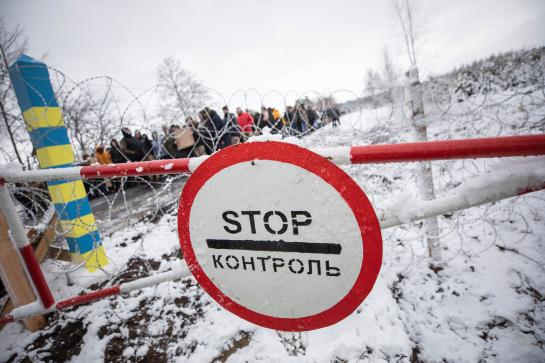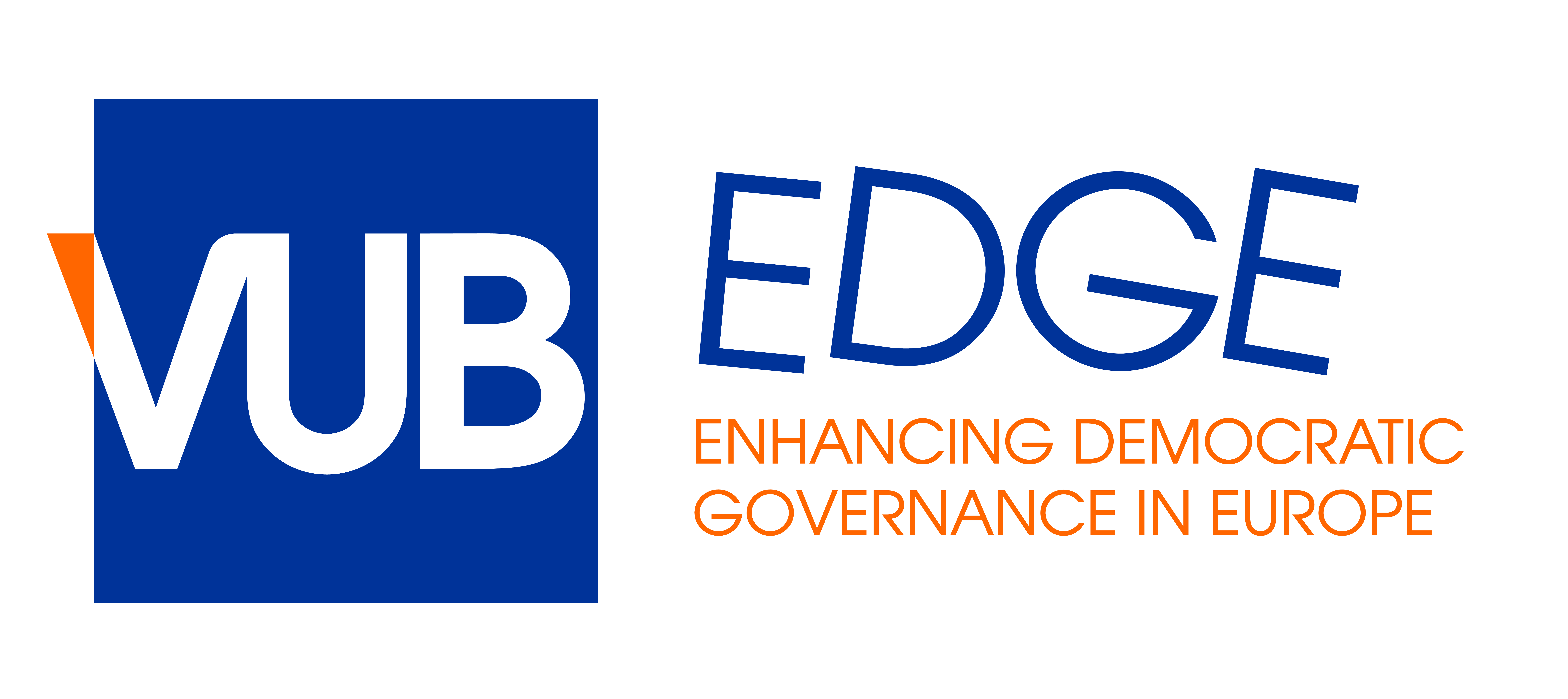
by Mahault Gabrielle Donzé-Magnier*
A fair and effective asylum system is a corner stone of a well-functioning democracy. The past decade has undermined the self-constructed image of the European Union (EU) as a champion of Human Rights, especially in the domain of asylum governance. The failures of the increasingly security based, externalized, and alienating Common European Asylum System have been repeatedly decried by Human Rights organizations and condemned globally.
The beginning of the war in Ukraine, and the rapid response of the European Union to the unavoidable mass population movement, seemed to instil some hope for a better future for European asylum management. But, is the Ukrainian crisis likely to lead to asylum reforms or, are European Member States destined to limit their democratic solidarity to those who look like them and who share a close proximity in historical relations?
In the corridors of the European Parliament, voices whisper of change. Some are ecstatic. Some are concerned. Most are doubtful. Could it be that amidst all of the horrors of the past few months, the Ukrainian crisis will be the catalyst for profound policy reforms in the European migration and asylum regime? Could this war transform the extensive security based system migration management has become? Could this be the turning point for European asylum policies to become more inclusive and tailored towards the protection of Human Rights? Will we see more support for the asylum-seeking populations reaching European borders in the coming decades?
Let us not have beautiful discourses of solidarity and fraternity fool us. Nothing about the way the Ukrainian crisis has been managed indicates politicians will reform the asylum system, beyond the provisions already set up in the New Pact on Migration and Asylum. But, you say, what about the Temporary Protection Directive? Isn’t its invocation in February 2022 already an indication that the European Union is ambitiously stepping forward, reversing its tendency to implement loose, impractical, and ineffectual migration legislation?
Who could have believed, only 6 months ago, that the 21-year-old Directive would finally serve its purpose? Yes, who could have believed that the European Union was in the possession of a legislative instrument, which could have been invoked in the past seven years to circumvent one of the most tragic humanitarian disasters unfolding at Europe’s door? Not the thousands who have died while attempting to cross the Mediterranean. Not the thousands, the millions who have transitioned by European border camps, where lives come crashing down and Europe’s moral high ground comes to die. Not the hundreds, the thousands, of civil activists, humanitarian actors and regular citizens who have been arrested, brutalized, and trialled for no other reason than showing solidarity to men, women and children, left to suffer the consequences of their crime: not being in the possession of the right nationality papers. No, none of them could have believed how swift the Council’s response could be when it came to the protection of human lives, people fleeing from war and trauma. What a bright light in a dark ocean of migration misery has the nation and supra-national solidarity response shown to the Ukrainian population been? What a beautiful demonstration of European fraternization.
And what a naïve take it is to believe that this response will change the European asylum system. The enactment of the Directive is a laudable effort. But this will not be the factor that changes the way asylum policies are handled. Because this, is not a refugee crisis. At least not in the way Europe has been constructing its discourse around what constitutes a refugee crisis and the appropriate response in the past decade. As the Migration Policy Institute’s Europe Director Hanne Beirens has recently remarked, the outpouring of support for Ukrainians is not just a show of selfless solidarity. This is the EU coming to terms with the fact that its neighbour is a global superpower, willing to use violence against their fellow continental nations to achieve its expansionist goals. This is the consequence of a long-standing geopolitical struggle, taking place on the European continent, where the reality of war hits closer to home. This is a geopolitical crisis, not a refugee crisis.
As the West diverted its eyes to Kyiv, Mariupol, and Odessa, hundreds have continued to die in the Mediterranean. 1220 to be exact. As the horrors at the Eastern, borders of the Union continue to be scrutinized, commented, judged, the open-air cemetery that is the Mediterranean Sea continues to claim its victims, with the complicit participation of the European Union and its border guard agency (Frontex). Thousands remain stuck in dramatic encampments situations in Europe, while others continue to face crimes against humanity in Libya, their torture generously funded by the Europe of Rights.
The double standard demonstrated by the enactment of the Temporary Protection Directive to safeguard Ukrainians sends a clear message. Ukrainians are not considered refugees in Europe’s vision. When it concerns racialized individuals, the concept of refugees has, often, been pooled in with the notion of un-desirable migrant. But the Ukrainians are Europeans. Ukrainians are sensible victims whose lives are worth saving. After all, as CBS correspondent Charlie d’Agata said, talking about Kiyv “this is not Iraq or Afghanistan. This is a relatively civilized, relatively European city”. Supporting Ukraine is seen in Europe as standing in defence of the values of democracies against a common enemy - i.e. Russia - violating the rules of law. The on-going show of solidarity, in all its beauty, has further exemplified the pitiful European response to previous asylum and migration crises, when those coming in were neither white, Christian, or European. There is little hope that the European Union will push for profound asylum reforms, not because they are not needed, but because, at its core, it does not want to. Until Europe is able to look inward and re-evaluate the way it applies the notion of Human Rights protection for all, the Union will suffer from a democratic void, costing thousands their lives and dignity.
* About the author: Mahault Gabrielle Donzé-Magnier
After receiving a bachelor’s in Arts and Culture and a master’s in Politics and Society from the University of Maastricht, I moved to Brussels to study European Integration (EuroMaster) at the Vrije Universiteit Brussels. While studying at VUB, I have been working for the European Union institutions. My focus on asylum and migration policy derives from my involvement since 2016 with the association Casa Sappey, a program set up in my home village in France to welcome Unaccompanied Minors Asylum Seekers and migrants, regardless of their origins, to ease their arrival and help with their transition into the French society.
Contact the author: mail: mahault.donze@hotmail.fr

Add new comment